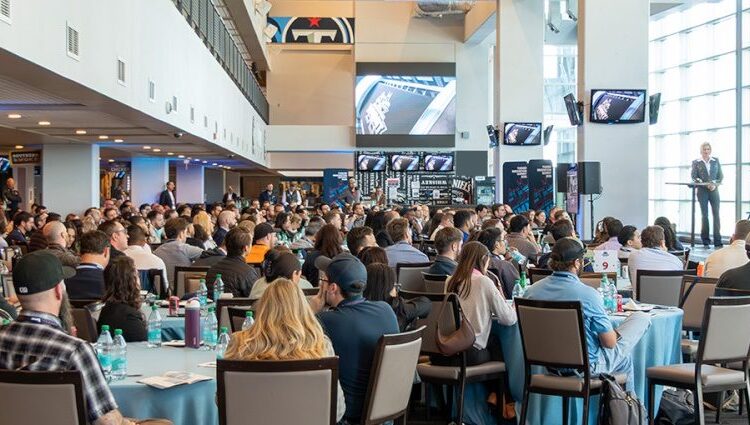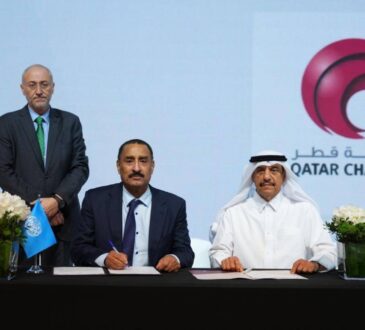
Turner Construction Co. announced Nov. 4 that it is giving every one of its employees access to ChatGPT Enterprise and Microsoft Copilot. The contractor also said it has developed hundreds of custom AI tools, all created by employees through hackathons and AI-assisted “vibe-coding” such as the company’s recent AI Summit in Nashville.
“We’ve always been all about democratizing innovation and democratizing AI,” says James Barrett, Turner’s vice president and chief innovation officer. “How do you put the tools in the hands of people that are closest to the work, that know best the problems to solve and the things that they need to improve and opportunities to deliver value to clients?”
Barrett says that as Turner’s been introducing ChatGPT to employees, the innovation group has also been training them and, eventually, teaching them how to build out their own AI agents.These agents run the gamut of construction activities from field operations, project engineering, superintending, project management, procurement, estimating, finance, legal and safety,
“The nice thing about the Turner enterprise agreement and enterprise environment is we have our own library of AI agents. We’re up to 400 active agents,” he notes.
Barrett says the agents Turner has developed, using its own project data and other sources, include Safety Scout, an agent that identifies jobsite hazards from photos to support safety coaching for employees. The Schedule Insight Agent: can automate critical-path analysis, cutting hours of manual work. Curtain-Wall Evaluation Suite helps teams compare facade options early on to consider constructability, while the Building Decarbonization Policy Explorer maps regional sustainability requirements for early-stage planning.
Turner’s AI users have unlocked more than 70,000 hours of annual capacity and average 9,000 AI interactions daily, with users reporting four to five hours of weekly time savings and measurable gains in quality, creativity, and confidence, Barrett says. He notes that ChatGPT is not Turner’s only enterprise partner. Claude and Google Gemini have also made it into Turner employees’ workflows.
“Making AI and everything that comes from accessible to the average person with almost no training is a radically different equation than anything we’ve seen before,” Barrett says. “BIM, itself, is going to be disrupted.”
Permitting Startup Spacial Nets $10 Million
Spacial, an AI-powered platform that automates residential engineering and permitting, announced Oct. 28 a $10-million seed round led by TLV Partners, with participation from Mango Capital, Re Angels, and HTV.
The investment will be used to accelerate AI development and expand its sales and customer teams in order to scale adoption among architects, builders, and design professionals.
Maket Raises Seed Funding
Montreal-based Maket announced Oct. 29 it secured $2.4 million in seed funding to refresh its AI-powered architectural layout design platform.
Maket’s AI-powered platform is intended to speed up the early design planning stages so architects can iterate ideas faster and get plans approved by clients. The platform also has an owner version for residential homeowners to try different layouts for new construction or a remodel.
The seed round was led by Montreal-based venture capital firm Amiral Ventures, with participation from Blitzscaling Ventures, BY Venture Partners, Hidden Layers, and Spatial Capital. Maket announced it is preparing to launch the 2.0 version of its platform in the first quarter of 2026, which will include a new floor plan generator with more flexibility for fine-tuning and visual renders.



